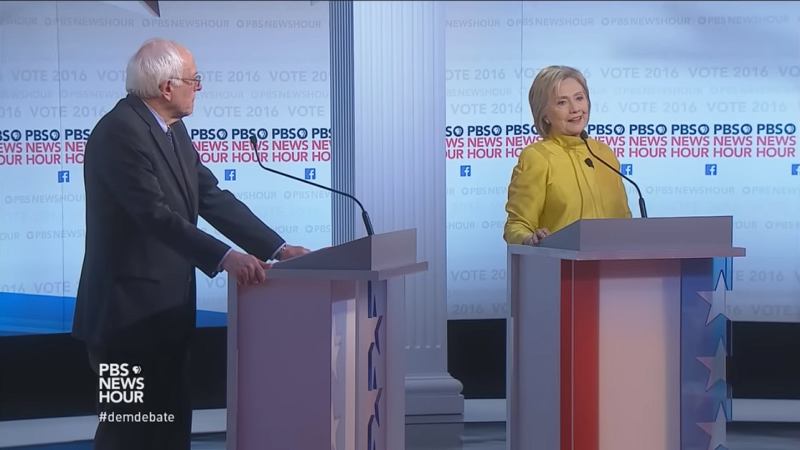By Gregg HoffmannFor WisPolitics.com
The Aug. 23 GOP presidential debate is a big event, but it is not the first such debate in Wisconsin. Illinois also has a history of hosting such events.
Here’s a rundown of major debates:
–A Democratic presidential debate was held in Milwaukee on Feb. 15, 2004. The New York Times led the story on it with:
John Kerry sailed through the final debate before the W...
Please log in to access subscriber content.
If you don't have a subscription, please contact schmies@wispolitics.com for subscription options on the WisPolitics-State Affairs platform, which is the new home for WisPolitics subscriber products.



